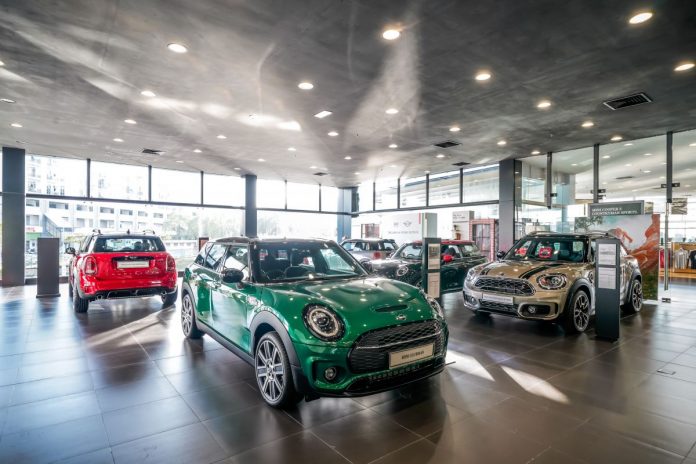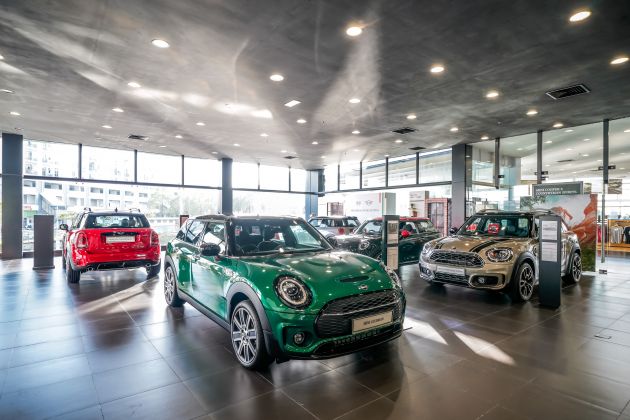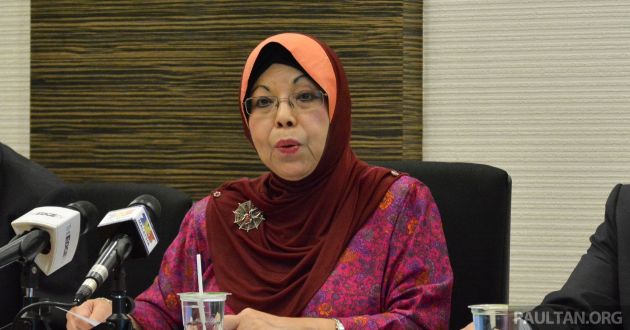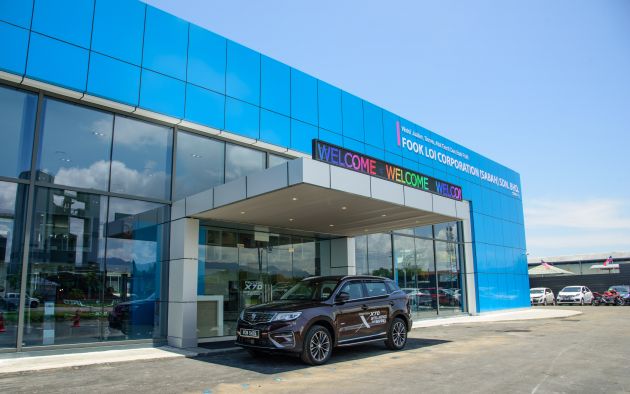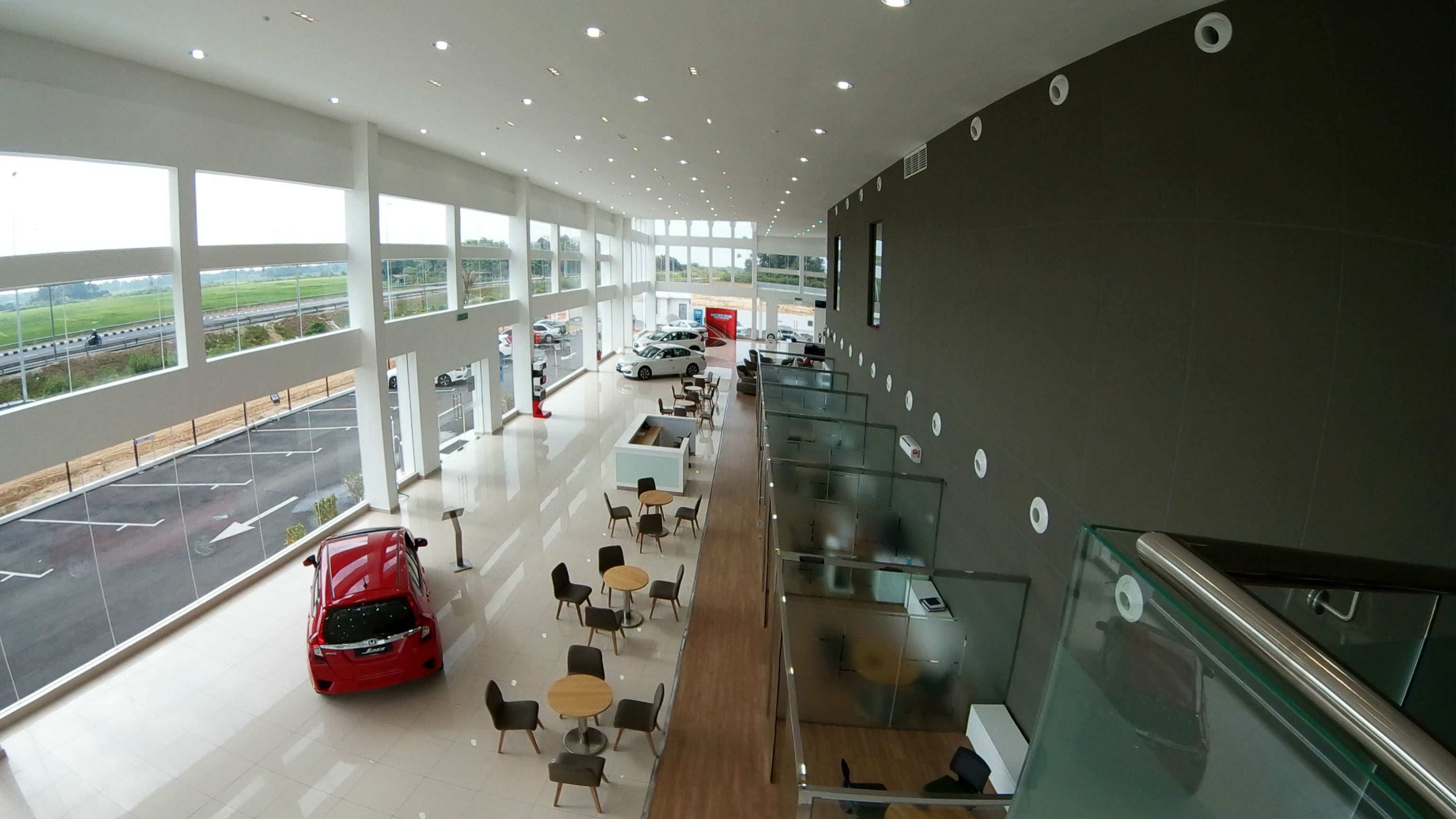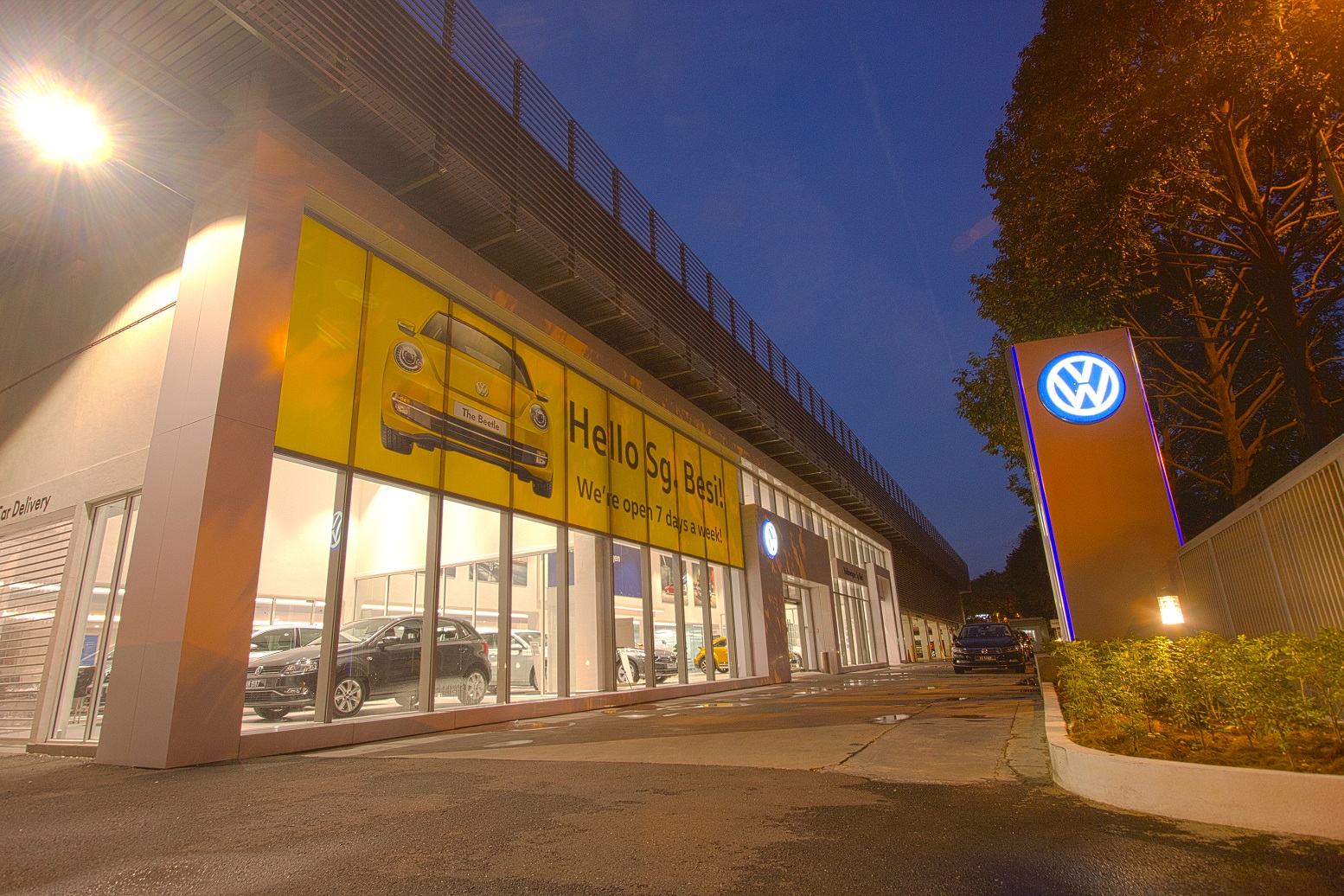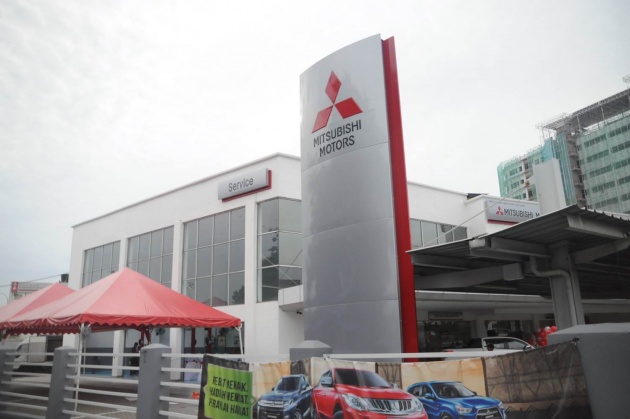The Malaysian automotive industry has been badly affected by the myriad restrictions placed by the government in an attempt to stop the spread of Covid-19. The auto sector has been effectively shut down since the nationwide movement control order started in May, before it was escalated to a full lockdown in June.
What is obvious is that car showrooms have been closed in the current Phase 1 of the National Recovery Plan (NRP). But as the automotive industry isn’t considered as “essential”, even the factories have been idle, so the disruption is in both production and sales. Parts suppliers too, so the entire ecosystem has been frozen.
UPDATE: A note on the plight of the sales advisors, and how they are affected
In its 1H 2021 market review briefing yesterday, the Malaysian Automotive Association (MAA) slashed its forecast for the 2021 total industry volume (TIV), which is the total sales of passenger and commercial vehicles in the country. The original 2021 TIV forecast announced early this year was 570,000 units – it’s now down to 500,000 units. Total sales in 2020 was 529,434 units.
“MAA has decided to revise our forecast for the TIV 2021 after considering many factors, especially concerning an assumption on the government’s directive that automotive plants, distribution centres and sales showrooms would not be allowed to operate during Phase 1 and 2 and will only reopen in Phase 3 of the NRP,” MAA president Datuk Aishah Ahmad said.
While the whole chain is affected, it’s the dealerships are bearing the brunt of the effects. It’s simple. They rely on sales and commission, and when you can’t sell cars, there’s no income for the sales advisors and the dealership. Even if they could open, there are no cars to sell as local factories have been idle, and imports are stuck at the port. It’s bad.
“All our members are very concerned about the current situation. We do not know when our showrooms can open, and for plants to produce CKD vehicles. This is our worry. A lot of the small dealers are already very tight with cashflow and if this continues, there will be retrenchments,” Aishah said in yesterday’s Q&A session.
“The dealerships are independent dealers and their cashflow is limited. If there are no sales, they still have commitments to fulfil – rental, salaries and all that – and yet there’s no income. The only thing they can operate is the workshops, and even that is with limited staff. So, because of that, many have indicated that if this MCO is extended, many will have to say goodbye to the industry because they cannot survive any longer,” she lamented.
The impact is even greater on sales personnel. Unlike other salaried employees, a major portion of their take home pay is from commissions, and their basic pay is low (think minimum wage). Aside from commissions, incentives and bonuses from car sales, SAs also earn commissions from ancillaries such as insurance, accessories, tinting and more. They will be digging into savings now, for sure.
Aishah revealed that MAA, like many other industry associations, has sent several appeals to the government asking for permission to conduct sales and assembly operations with strict SOPs and controls, and “maybe up to 60% of staff” in showrooms and plants. She said that the plan to allow businesses to resume once workers are vaccinated is encouraging.
On how the car companies can assist their dealers who are feeling the crunch, Aishah said that apart from giving leeway in payment, there’s nothing much the OEMs can do, as they’re also in a difficult spot.
“There’s nothing going to the dealers right now – we can’t get vehicles from our plants, and CBUs are also not coming in – the carmakers themselves are very highly stocked. The CKDs that we ordered four months ago are at the port, and clearance is very slow.
“In terms of payments, some of the franchise holders and OEMs make it easier for the dealer; they don’t push them to pay up so soon. But to give them support financially, I think the OEMs also find difficulties at this moment in time.
“So, we’re hoping the govt will ease the MCO conditions to enable us to survive, and to be able to start selling so that we get income. Once the OEMs are able to operate, then dealers will be able to operate. The only good news is that the SST exemption is still there, and the orders are still coming in – but we cannot deliver, and that’s the problem,” she stressed.
The arrival of Covid-19 has seen sections of people and businesses suffer from the effects of movement control. If the extent of your hardship is losing freedom to travel and roam around, you’re lucky. Many have been relying on savings to tide over, but the proverbial payung won’t last forever.
“You must bear in mind that this is the second year. In the first year maybe you have savings, but now we have exhausted whatever reserves we have,” Aishah said, referring to dealers that are on the edge.
Here’s hoping that the rain will stop soon, and the industry gets a warm blanket in the form of another SST exemption extension.
















